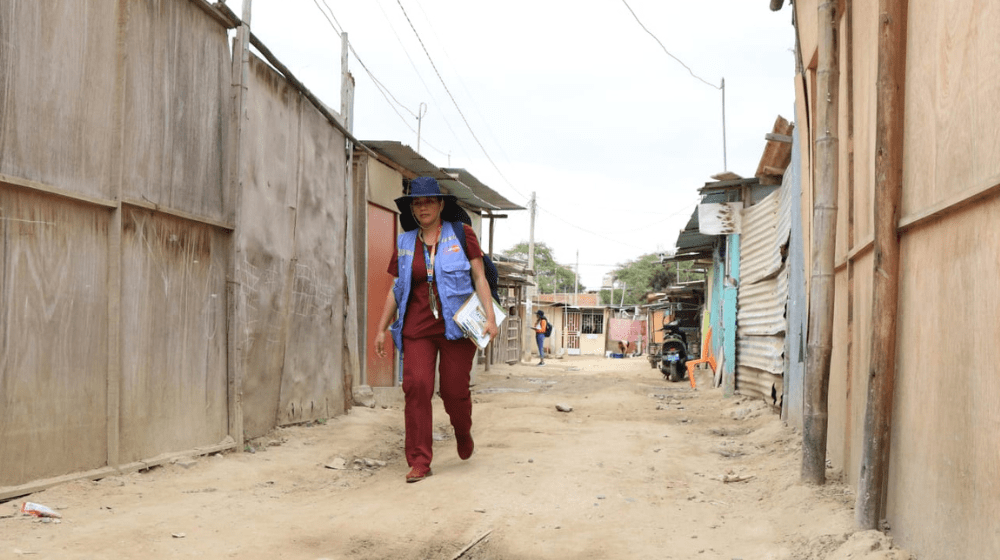Statement from UNFPA Executive Director Dr. Natalia Kanem
Right now, around the world, millions of lives are in the hands of midwives. Whether they are wading through flood waters to reach pregnant women or delivering babies amid the rubble of an earthquake, midwives are the unsung heroes of community health services. Thanks to midwives, births are safer. The sexual and reproductive health care they provide is more attuned to women’s needs, desires and local cultural practices.
When crisis strikes, midwives are often first on the scene, especially in remote communities. They know that babies arrive no matter a childbearing woman’s circumstances – whether she’s resting at home or fleeing it due to conflict or disaster.
Already, a woman or girl dies every two minutes somewhere in the world due to pregnancy, childbirth or its aftermath. Now, climate change threatens to make the situation worse. Hotter temperatures complicate pregnancies and can lead to premature births and miscarriages. Sudden floods can sweep away roads, making it impossible to reach health facilities. Extreme weather events put women and girls at heightened risk of displacement, child and forced marriage and can take away their means of supporting themselves.
Midwives are instrumental to navigating these challenges: They can provide up to 90 per cent of essential services for sexual and reproductive health and bring their expertise and counsel to women wherever they are.
Yet, there remains a critical global shortage of around a million midwives. Their working conditions can be arduous, discouraging many from joining the profession. Overt gender discrimination against this largely female workforce has also resulted in low wage rates, limited opportunities for advancement and reports of sexual harassment on the job.
Without significantly expanding midwifery, more women will die in childbirth. Millions of stories will have no heroes, and instead end in tragedy.
On this International Day of the Midwife, as we celebrate their countless achievements, let us write a new narrative – one in which we commit to supporting the midwifery profession and addressing the global shortfall in maternal health resources. A worsening climate crisis makes the need for midwives more urgent than ever. The time to act is now.


